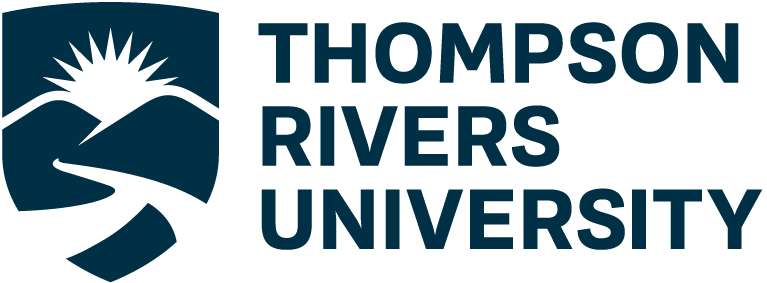Fears
Research Ambassador Blog Post By: April Read
Forming a question and hypothesis is the first step of any study. We want to discover new things and learn more, which means there is not usually a correct answer or even a known answer for a study’s objective. The next step in research is running experiments. But where do you start, and how do you know what to do? Let’s say you found methods that worked and obtained repeatable data, but how do you know what it means? One of the main components of research is not knowing, which can be scary. The first fear I had to overcome with starting my own research was the fear of not knowing. Whether it was not knowing what to do next, what my data meant, or why my experiments weren’t working, I had to realize that was okay.
One of the main components of research is not knowing, which can be scary.
I have always been more comfortable when a question has a right or wrong answer. Maybe that is why I fell in love with science where there is no room for opinions or subjectivity; the acceleration of gravity on earth is always 9.8 m/s2, evolution acts on populations, and ice is less dense than water. Ironically, all these commonly accepted and known facts were once part of the scary unknown. Research aims to turn questions into answers. Finding answers can be challenging; things don’t always work out, but that’s okay. The first step of research for me was to accept that challenges and not knowing are normal and not something to be feared. At every point of your research experience, there are always other students, professors—and most importantly—supervisors to help overcome problems and find answers.
Before I began my research project, I had a preconceived notion that researchers all had to be the smartest person in the room. They had to be geniuses since they saw problems or unknowns and found ways to turn those questions into answers or discoveries. Researchers are the trailblazers in their respective fields. I felt like I had big shoes to fill; the role of a researcher held a heavyweight. I soon found out that even just participating in a study or doing a simple experiment contributes to the scientific community. Every contribution, no matter how small, adds knowledge to the world. It is more important to be interested in your work than to know everything. The point of research is to learn more, so it doesn’t matter how much background information you have going into a study. Research includes individuals of all levels, and we are all geniuses in our own way!
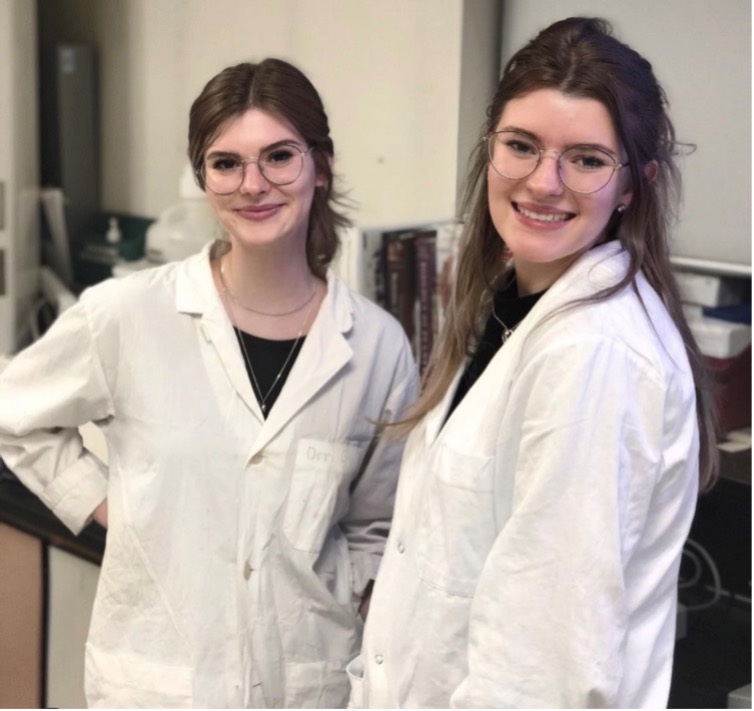
During my research project, I had situational moments of fear I needed to overcome. When I started my first directed studies, I had my two supervisors there to help me, as well as the previous student whose project I was taking over. All the assistance I received was a great way to welcome me into the world of research. Both of my professors had been a part of the project for several years, which meant they were very familiar with every aspect of the study and with similar work done in the past. I was comforted to know they were always there to come into the laboratory if I needed help or to check on my progress. Unfortunately, when I started my honours study the following fall semester, both of my supervisors were off on medical leave. I had to be resourceful and decide what steps needed to be done and in what order to advance my project. Luckily, I had the previous student’s honours thesis as a rough guideline on how to get started, plus many other professors willing to help me. While I appreciated their assistance, the other professors were unfamiliar with my project. Most of my discussions with them involved me telling them about my study as opposed to them offering advice. I was working on a novel cave bacterium, which entailed lots of questions without answers yet. I was afraid of doing the wrong thing and setting my project back.
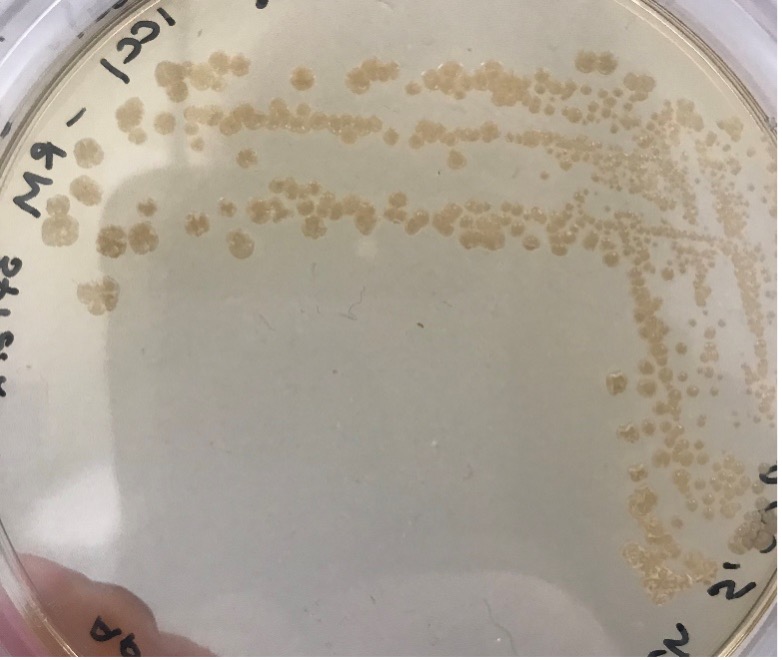
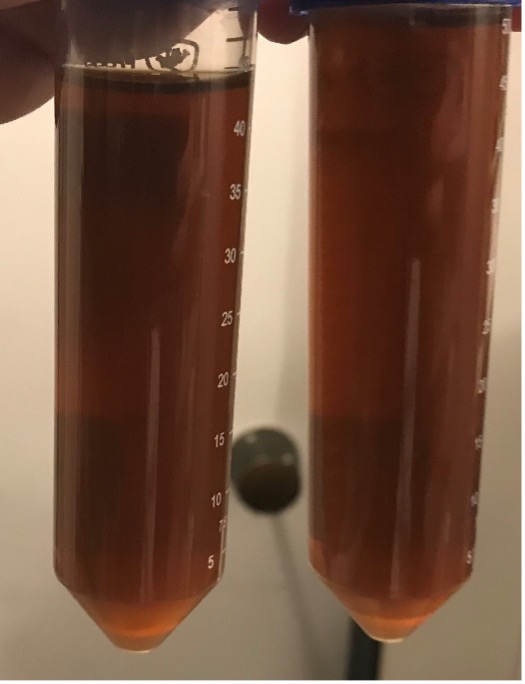
To overcome my fears regarding my now-solo research project, I learned to be more confident in myself. It was better to trust my judgment and try to solve problems as they arose instead of being afraid of the possible setbacks. Of course, no study is perfect. I had to redo experiments and start over many times, but that was okay. The work I was doing was important to me, and I knew trying my best was all I could do. My advice to students who are looking to engage with research but are afraid would be just to get started! No one’s research experience is without uncertainties and setbacks. Part of research is getting comfortable with the unknown and realizing it’s okay not to know where to start or how to finish. Other students, professors, and supervisors are outlets you should use for assistance. We all have different backgrounds and approach problems uniquely. You just need one solution that works, so it is best to ask as many people as possible to get a wide variety of answers. Always remember that we are all smart in our own way, and research is meant to be enjoyed, not feared!
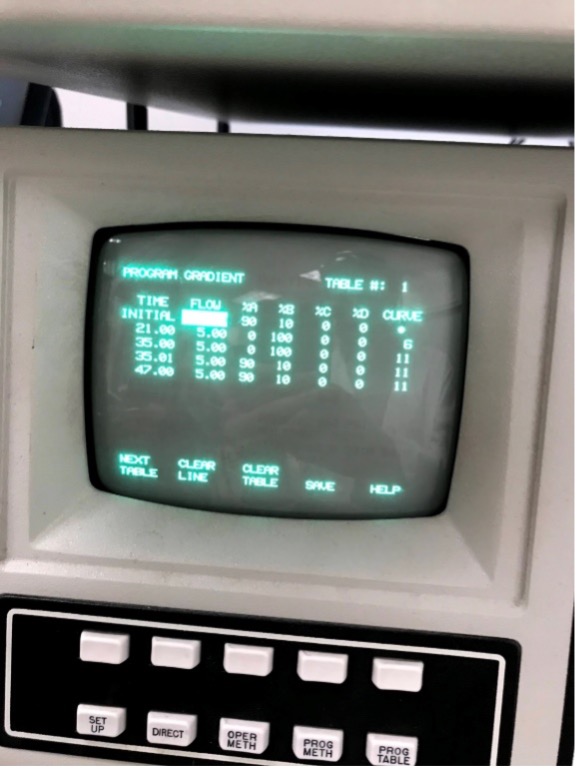
My advice to students who are looking to engage with research but are afraid would be just to get started! No one’s research experience is without uncertainties and setbacks.
April Read, BSc. Honours in Cellular Molecular & Microbial Biology
